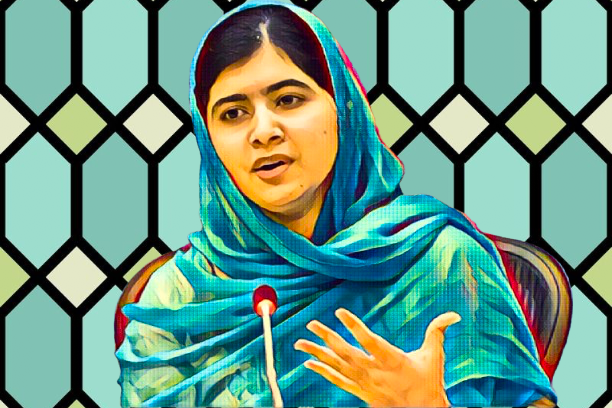Key Points
-
The girls’ education funding targets high-need Nigerian communities.
-
The girls’ education funding supports nine local organisations.
-
The girls’ education funding strengthens re-entry for young mothers.
The Malala Fund is expanding its work in Nigeria to help keep more girls in school. This new $1.7 million commitment will help girls who are at risk of dropping out because of early marriage, financial problems, or being a teenage mother.
The money is part of a larger $4.8 million package that helps 21 civil society groups in Brazil, Ethiopia, Nigeria, Pakistan, and Tanzania.
Nigeria, which has a lot of girls who are not in school, is still a big part of the Fund’s plan for 2025–2030. The group says its plan is simple: send resources to the places where they are most needed and support local groups, many of which are led by young women, who know the social, cultural, and financial barriers that affect girls’ education.
More help for girls’ education
Nine Nigerian groups will get grants in the new cycle. Some of them are the Black Girls’ Dream Initiative, the BudgiT Foundation, the Centre for Advocacy, Transparency, and Accountability Initiative, and the Anti-Sexual Violence Lead Support Initiative.
The Isa Wali Empowerment Initiative, the Participatory Communication for Gender Development Initiative, the Teenage Education and Empowerment Network, and the Women, Children, Youth Health and Education Initiative are also part of the group.
A total of 66 percent of the grant pool will go to organisations run by young women. This is more than three times the Fund’s original goal, and it shows that the Fund is moving more firmly towards grassroots leadership.
Nigeria and Pakistan alone have 15% of the world’s girls who are not in school. This number continues to shape the size and urgency of the Fund’s work.
New investments make the country more connected
Malala Yousafzai, one of the Fund’s co-founders, said that the investment in Nigeria will focus on helping married girls and young mothers go back to and finish secondary school. She said that community-led advocacy and support systems have made a real difference in recent years, even though there are still problems. “Our partners are leading the fight for girls to learn, even when things are hard,” she said.
Lena Alfi, the CEO of the Malala Fund, said that the organization’s long-term plan is based on flexible, multi-year grants that give partners room to change things up, like pushing for budget transparency, making safe-school programs stronger, or getting rid of hidden fees that keep girls out of school.
The newest group in Nigeria will also use digital tools to keep an eye on how much money is being spent on education and find gaps in infrastructure. In addition, partners will push for reforms at the state and community levels to create policies for pregnant girls and young mothers to re-enter school. This is an area where progress has been slow but is becoming more urgent as dropout rates rise in some parts of northern Nigeria.



